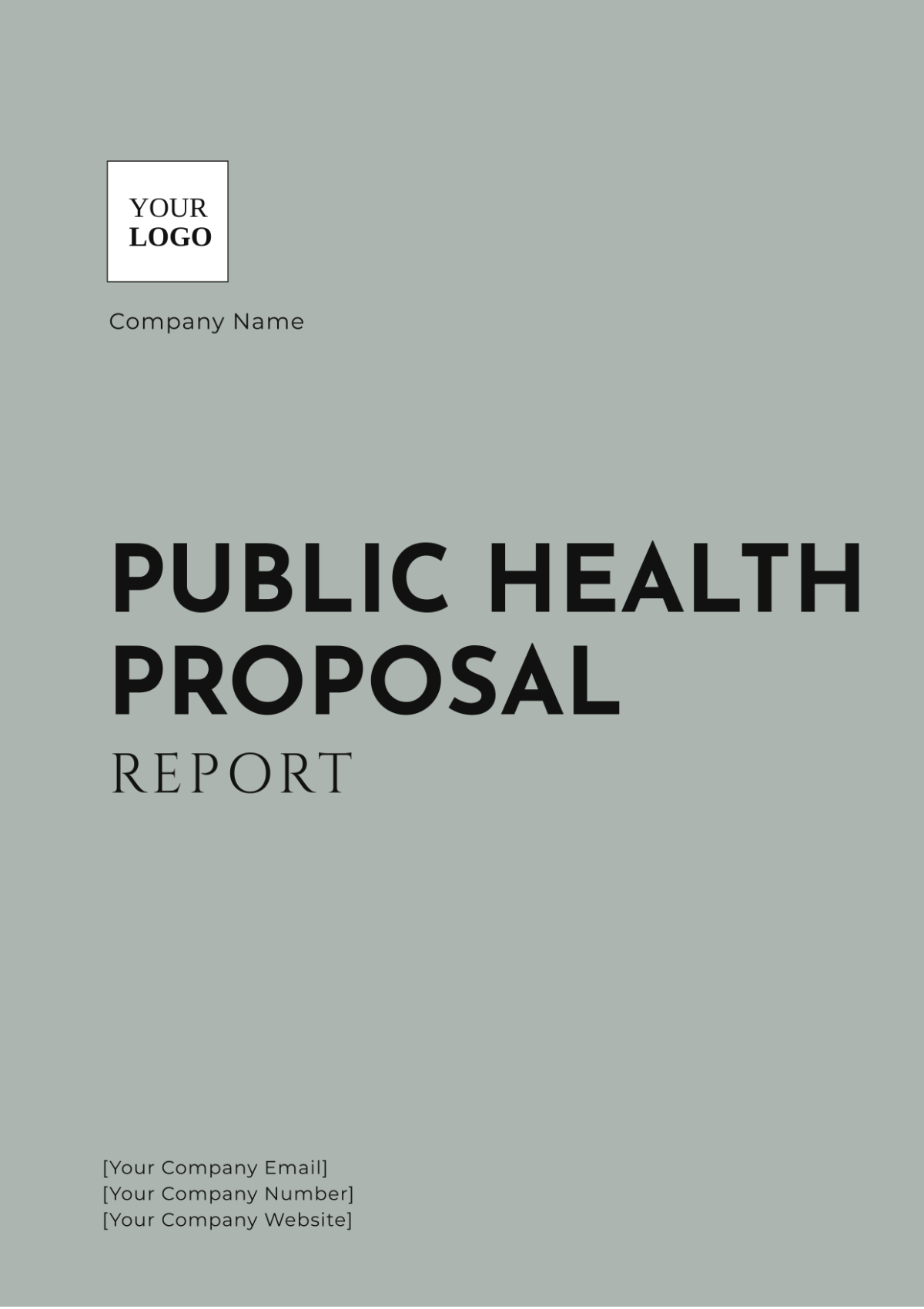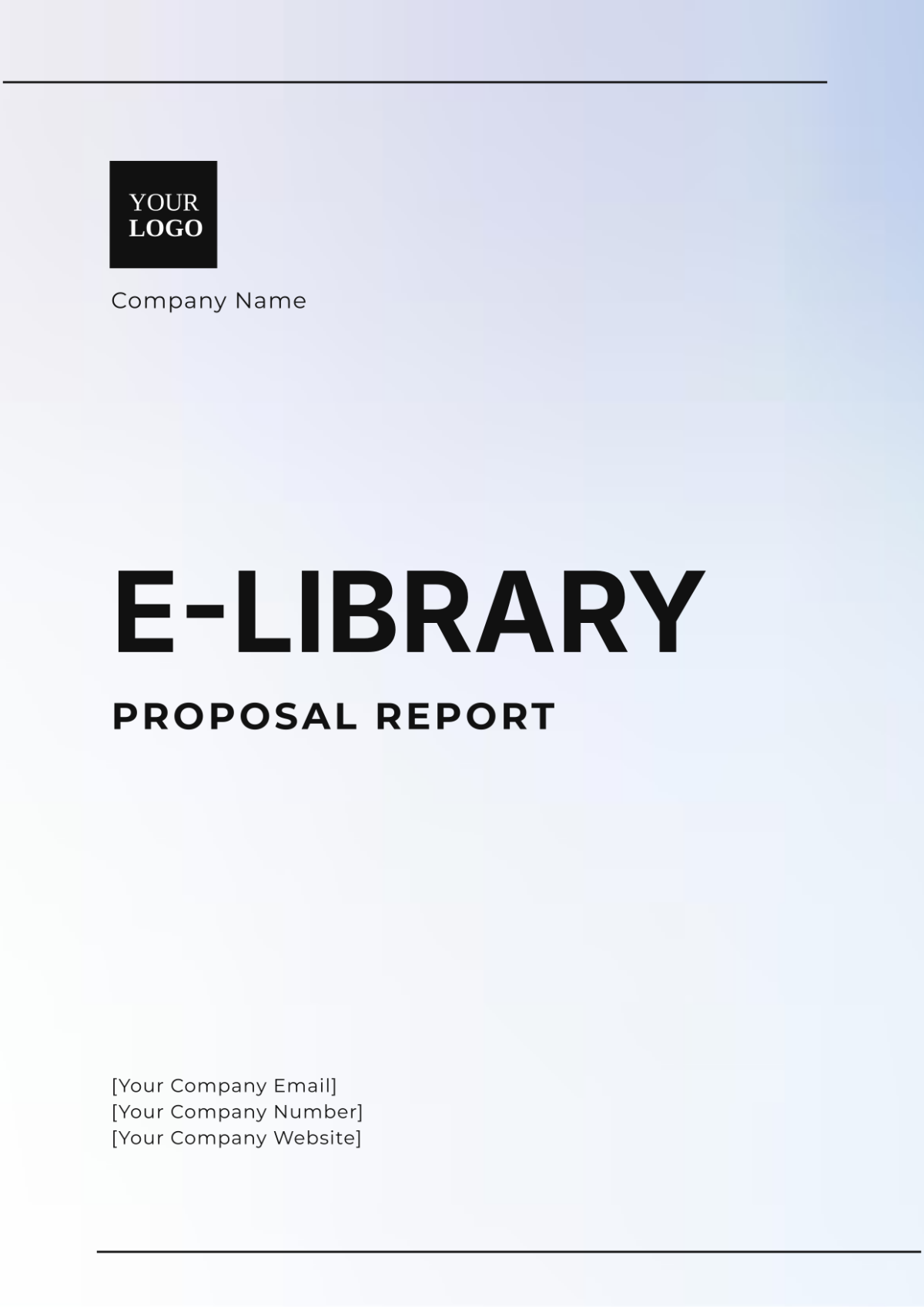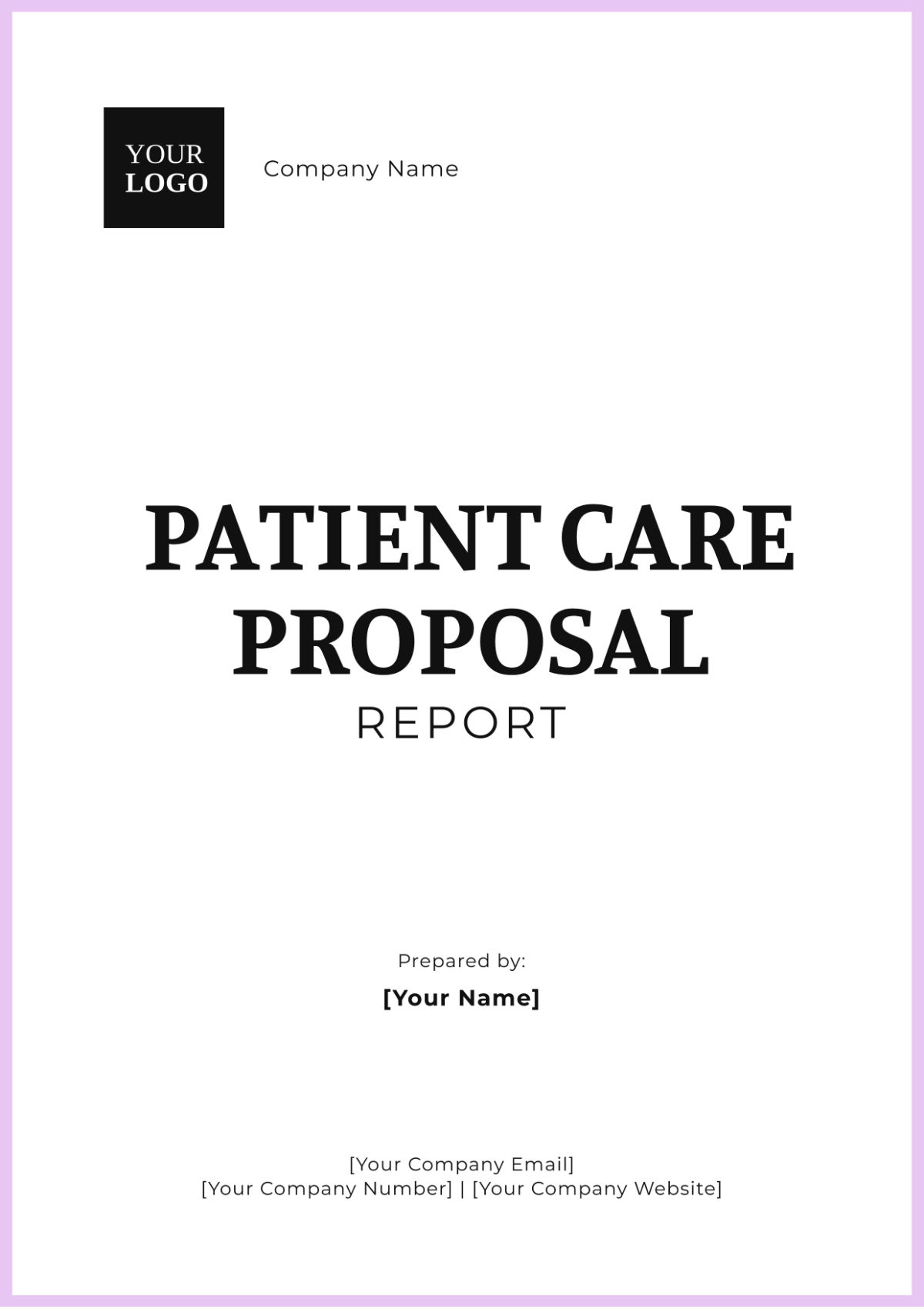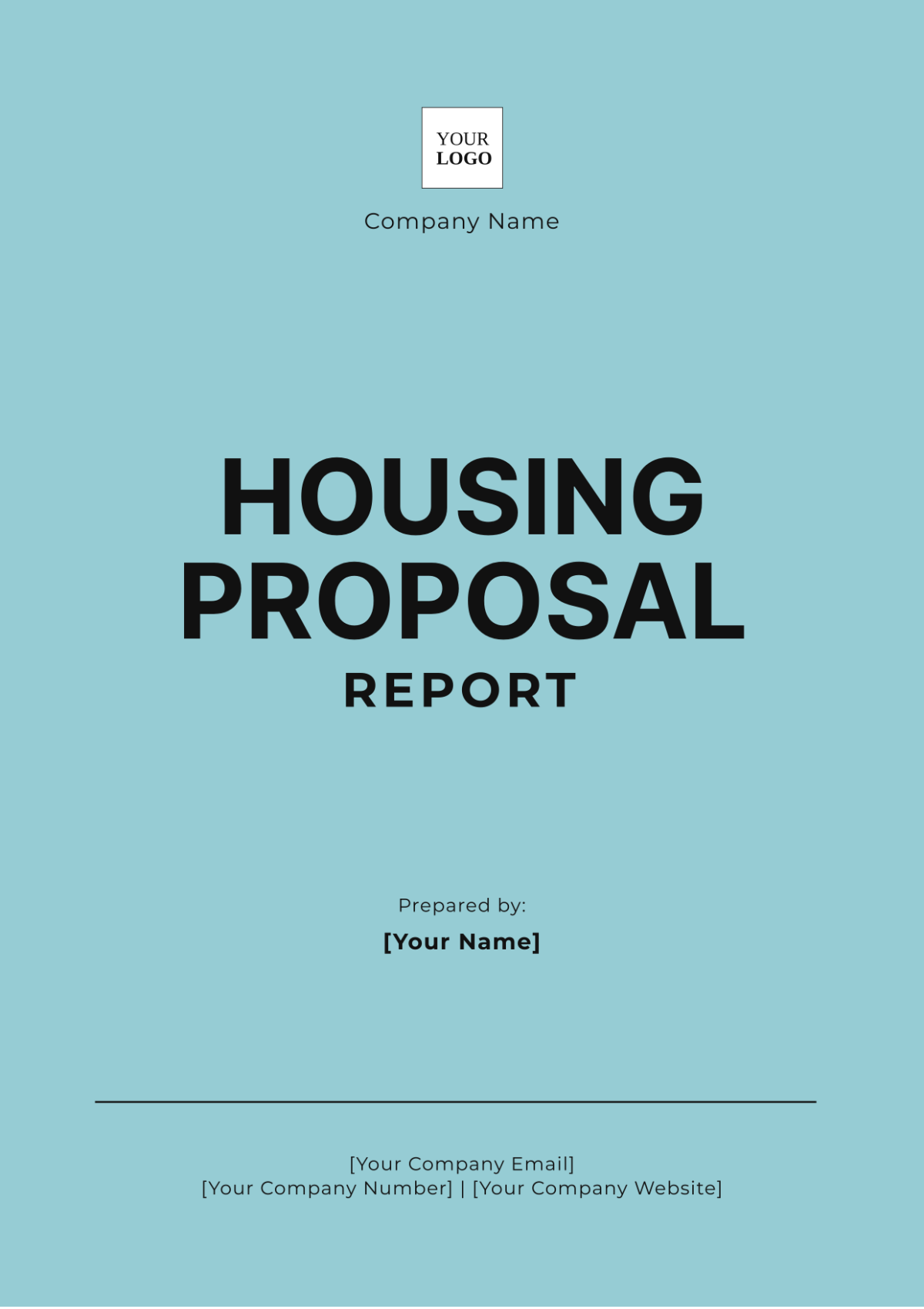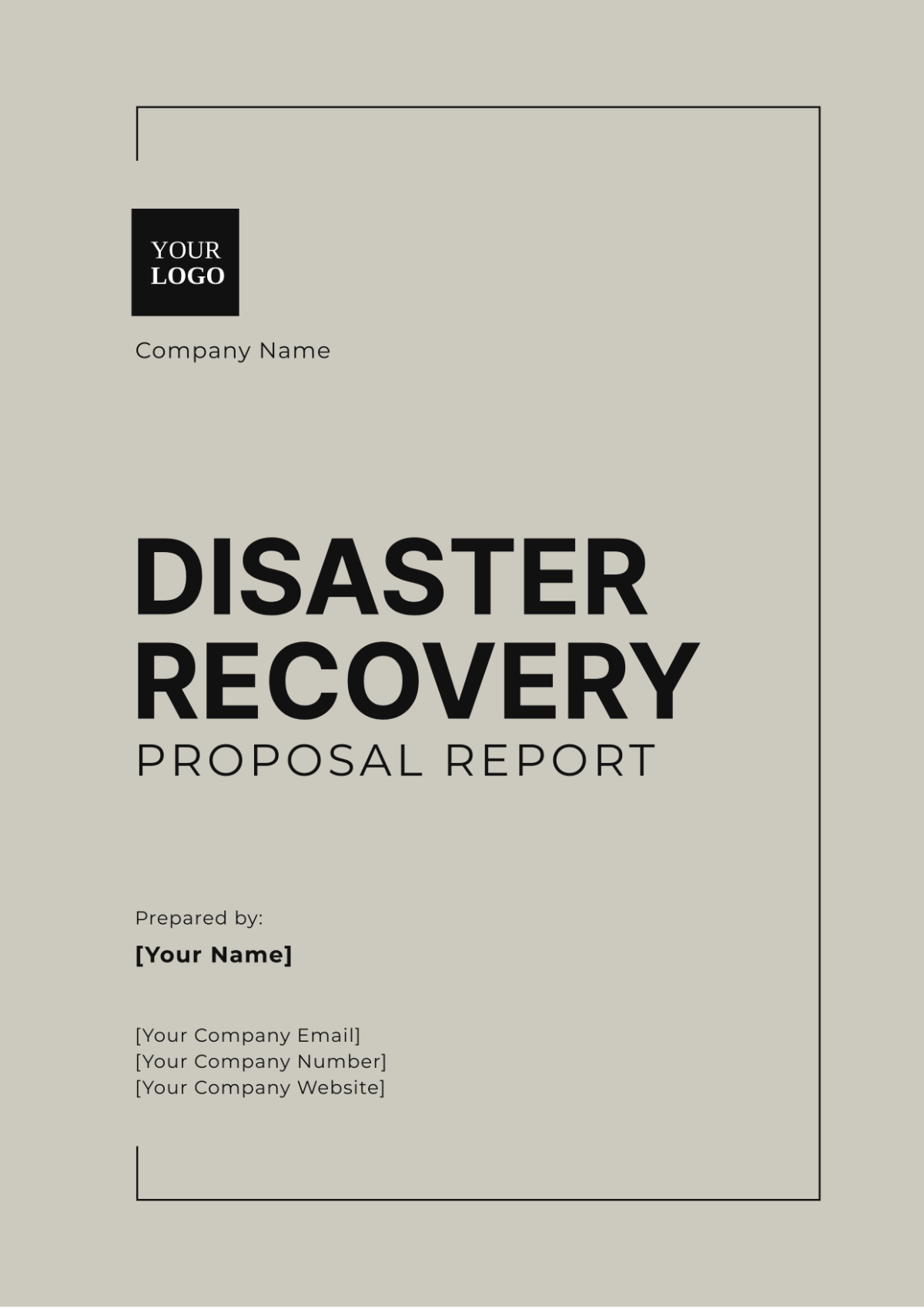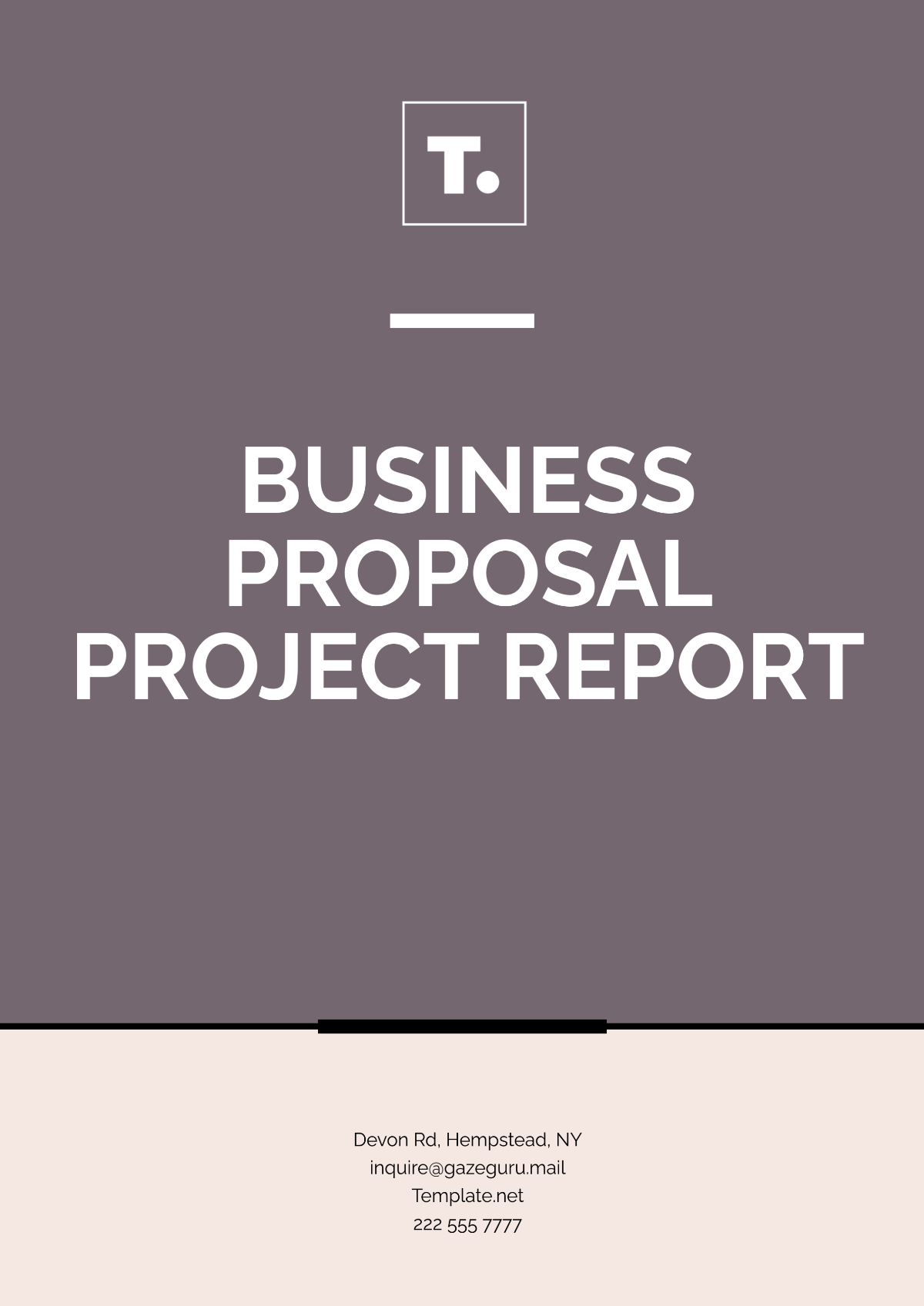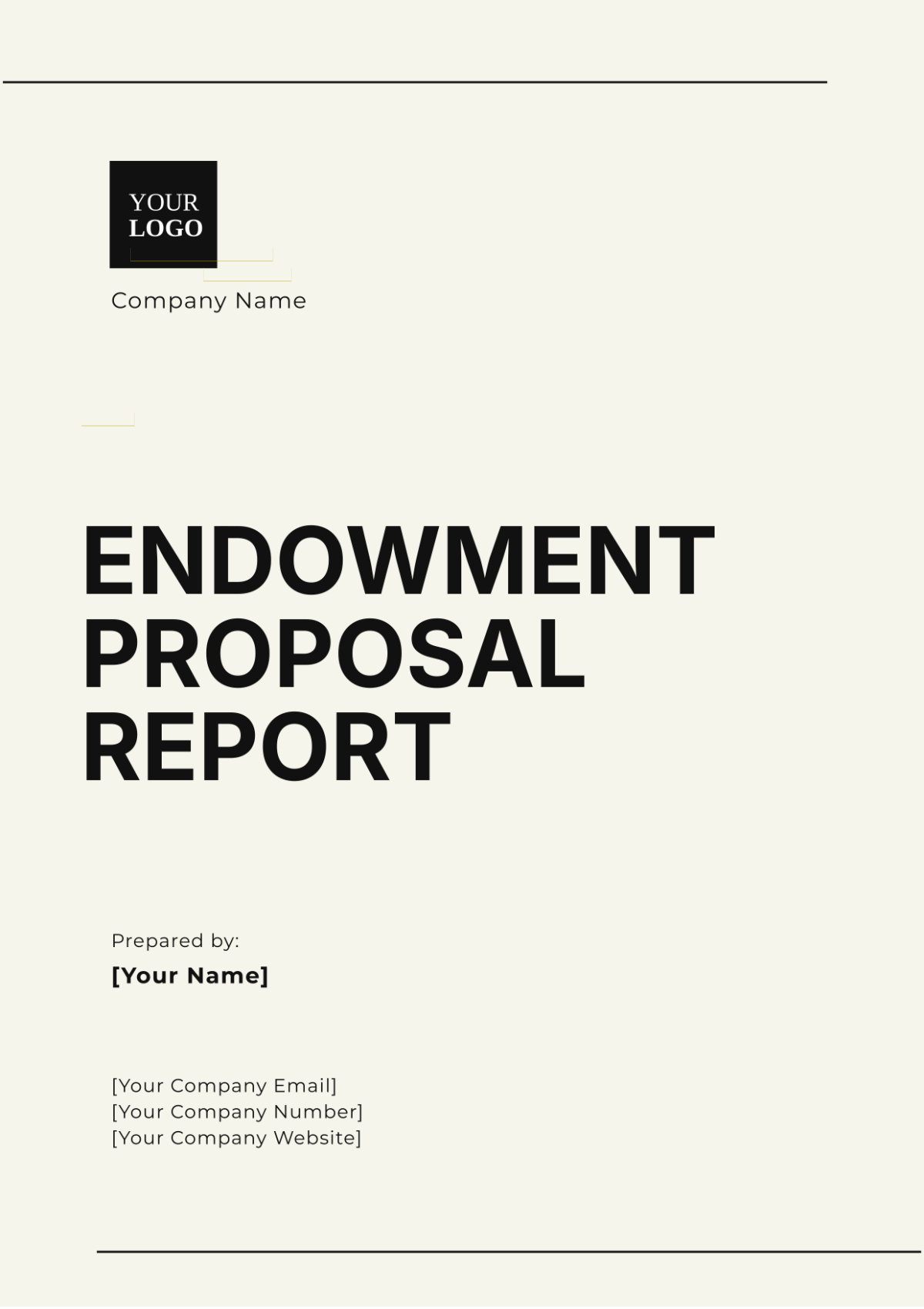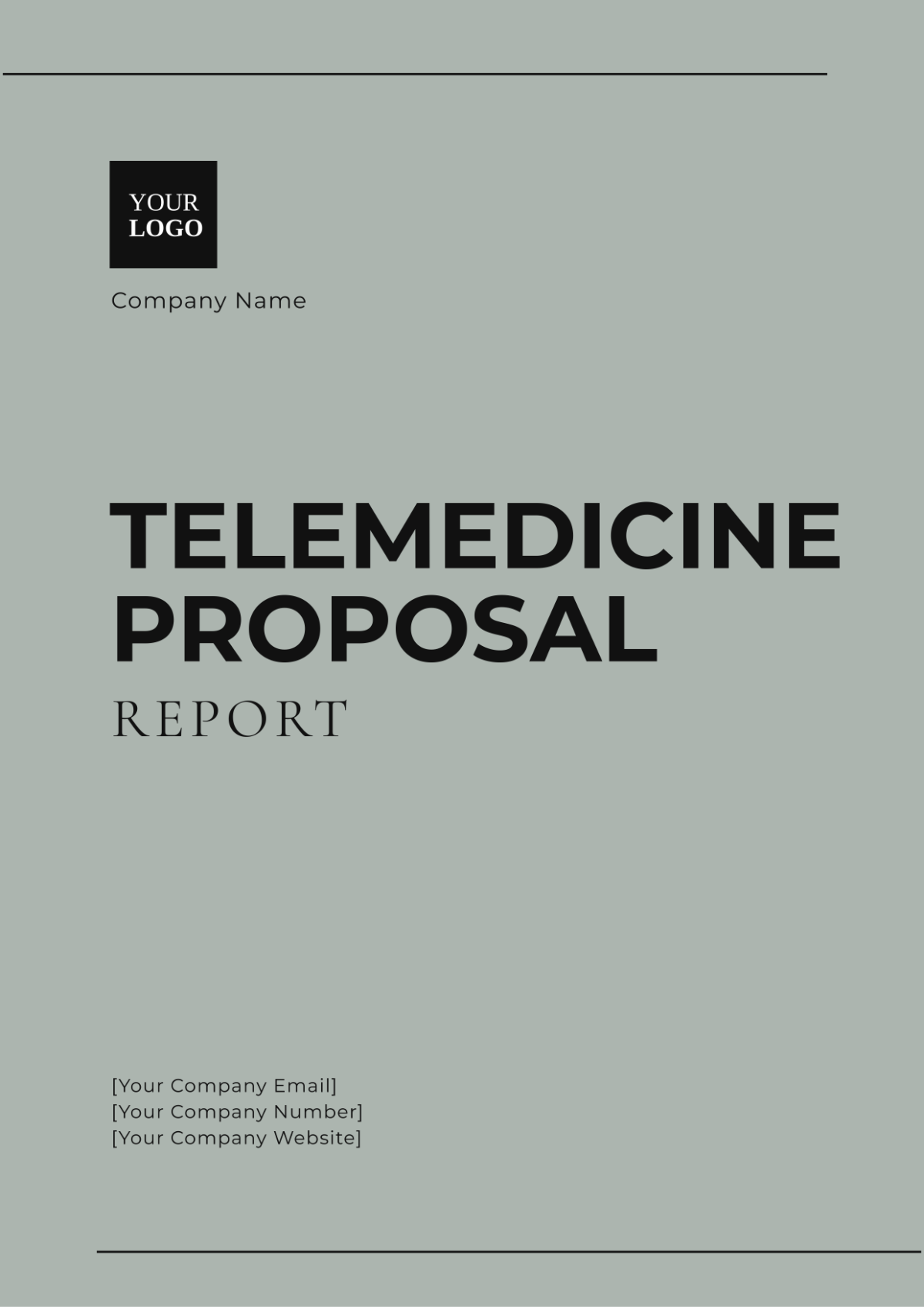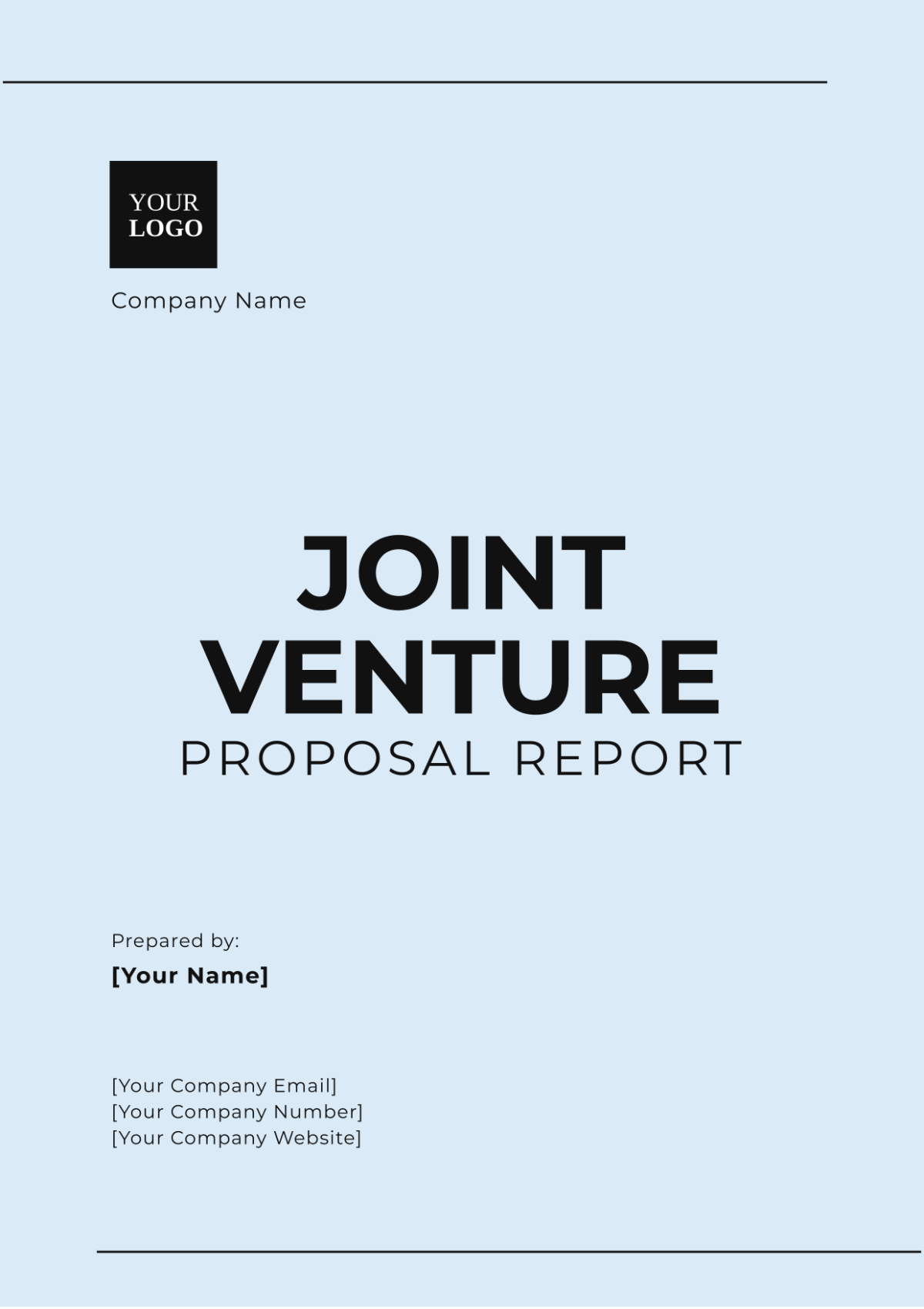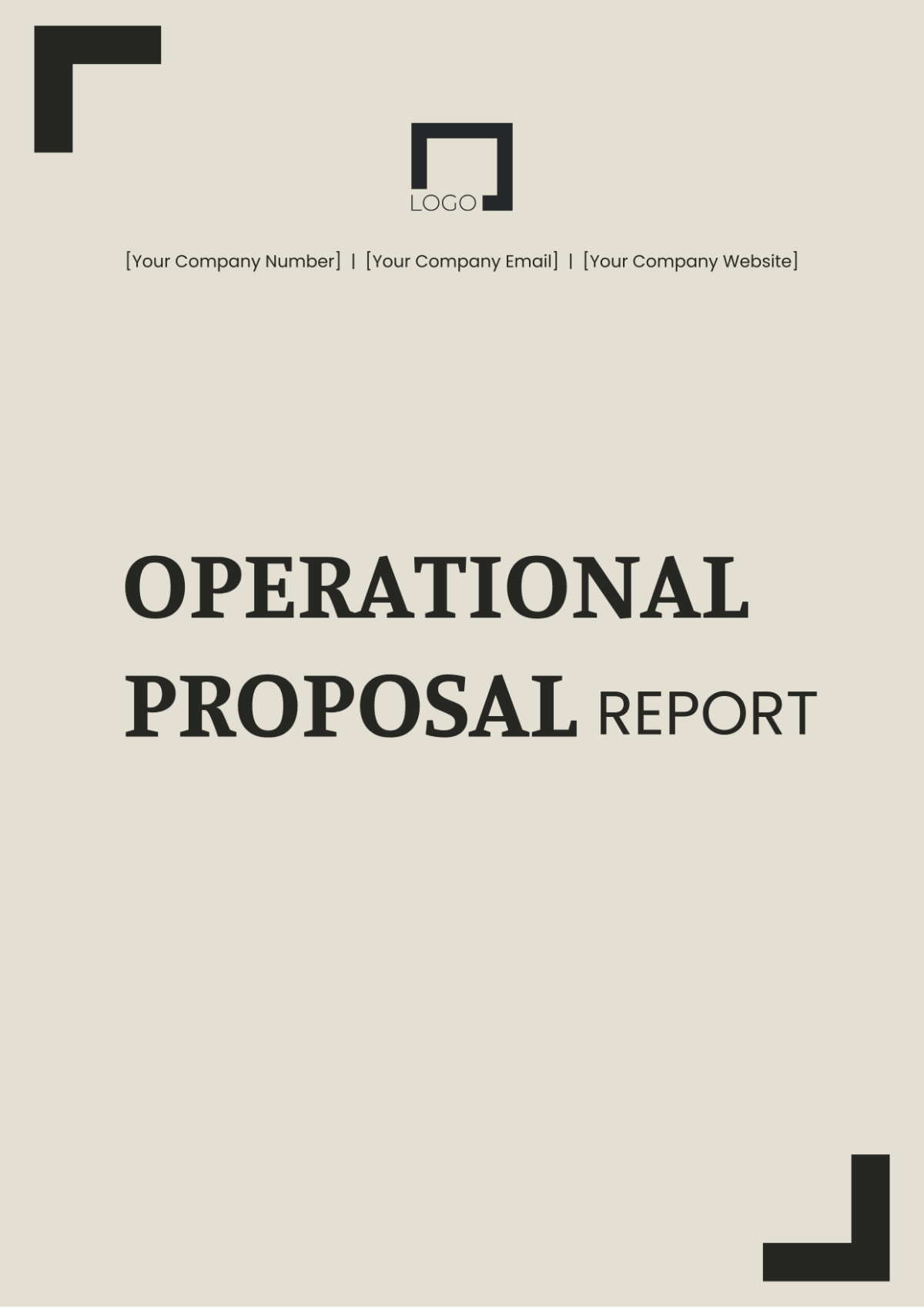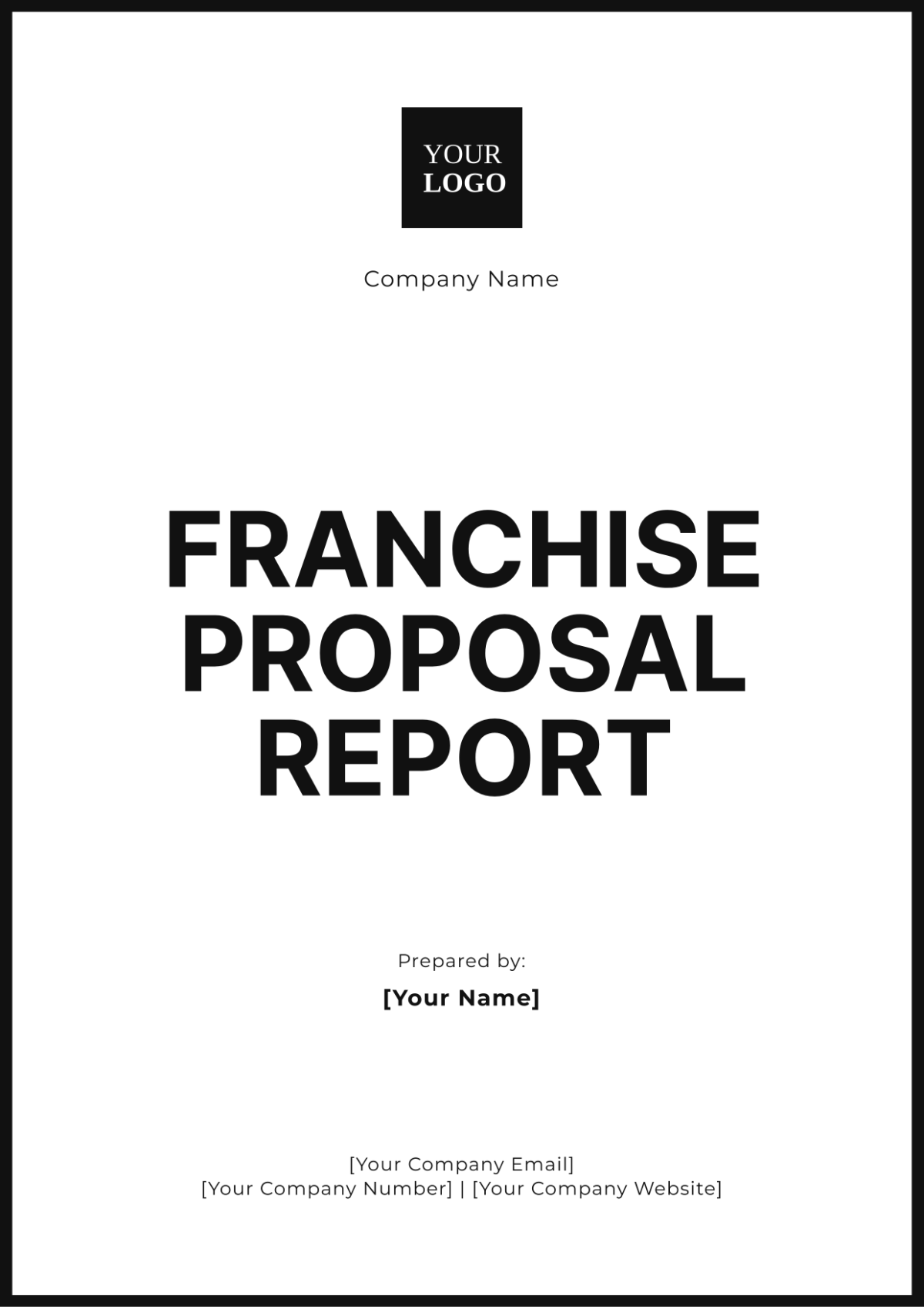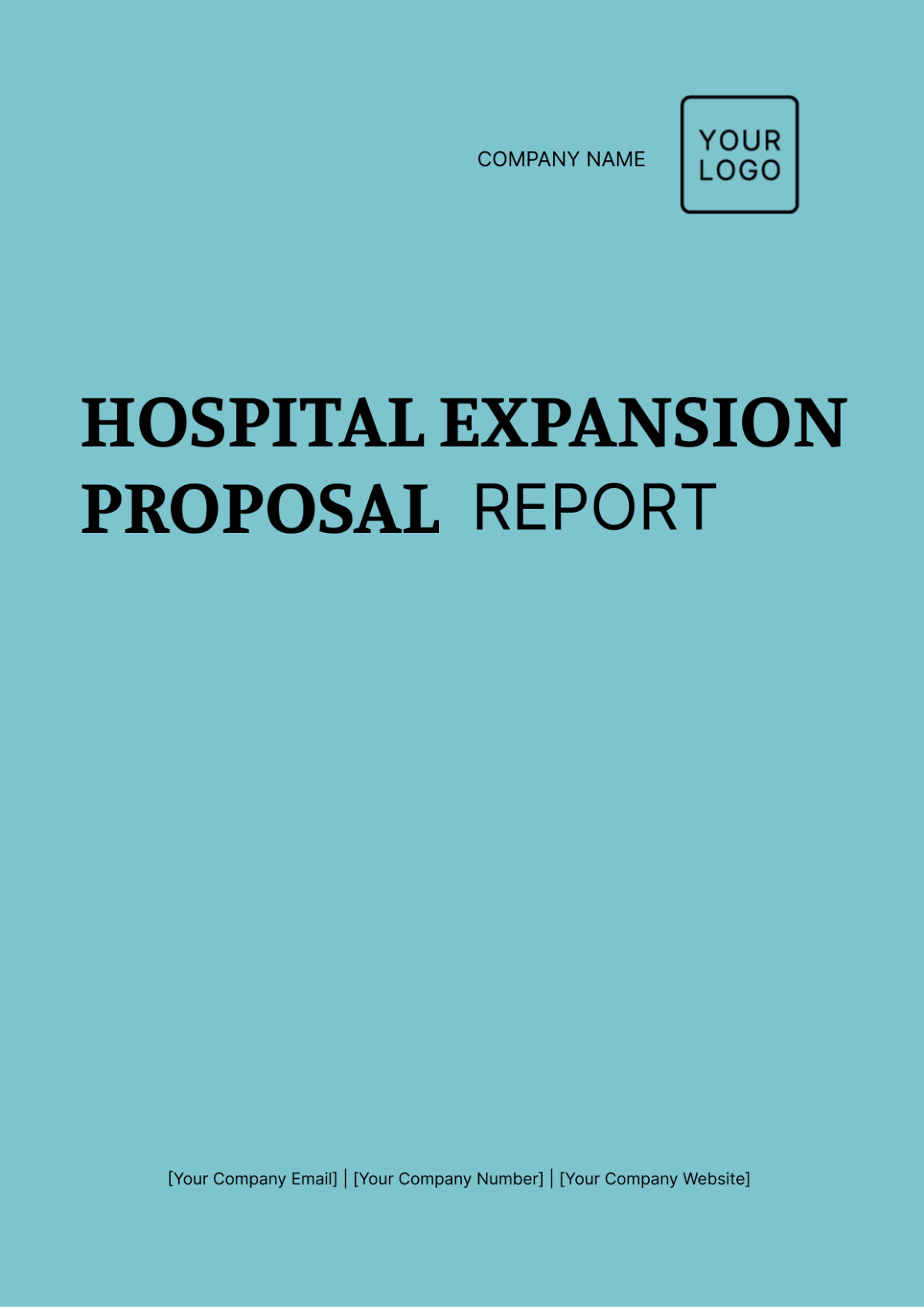Public Health Proposal Report
1. Executive Summary
Childhood obesity is a critical public health issue that has far-reaching impacts on the physical and mental well-being of children. This proposed plan outlines a comprehensive initiative aimed at reducing the prevalence of childhood obesity in urban communities through education, community programs, and policy changes.
2. Introduction
The purpose of this document is to propose a strategic plan to tackle childhood obesity in urban areas. The initiative is designed to secure funding, approval, or support from stakeholders including government agencies, non-profits, and community organizations.
3. Objectives
Reduce the prevalence of childhood obesity by 10% over the next 5 years.
Increase physical activity among children in urban communities through community-driven programs.
Promote healthier eating habits by improving accessibility to nutritious foods.
4. Methodology
4.1 Community Engagement
Engage with local communities to identify barriers to healthy living and collaborate on tailored interventions. This will include:
Focus group discussions with parents, children, and community leaders.
Workshops and seminars to educate communities on healthy lifestyle choices.
4.2 Educational Programs
Develop and implement school-based educational programs aimed at promoting physical activity and healthy eating habits among children. These programs will include:
4.3 Policy Advocacy
Advocate for policies that support healthier environments for children, including:
5. Budget
Category | Estimated Cost (Yearly) |
|---|
Community Engagement | $100,000 |
Educational Programs | $200,000 |
Policy Advocacy | $50,000 |
Administrative Costs | $20,000 |
Total | $370,000 |
6. Evaluation Plan
6.1 Objectives of Evaluation
The evaluation plan aims to:
Assess the effectiveness of community engagement activities.
Measure the impact of educational programs on physical activity and healthy eating.
Evaluate the success of policy advocacy efforts.
Determine the overall reduction in childhood obesity rates.
6.2 Evaluation Framework
Evaluation Design
Type: Mixed-methods evaluation combining quantitative and qualitative approaches.
Approach: Use of pre- and post-intervention assessments, surveys, focus groups, and program data analysis.
6.3 Data Collection Methods
Quantitative Data
Pre- and Post-surveys: Administer surveys to children, parents, and educators before and after program implementation to assess changes in knowledge, attitudes, and behaviors.
Program Metrics: Track participation rates, frequency of activities, and engagement levels in community programs and educational sessions.
Health Data: Collect data on obesity rates from local health departments and schools, where available.
Qualitative Data:
Focus Groups: Conduct focus group discussions with parents, children, and community leaders to gather feedback on program effectiveness and areas for improvement.
Interviews: Perform interviews with program staff and stakeholders to gain insights into the challenges and successes of the initiative.
6.4 Data Analysis
Quantitative Analysis:
Statistical Methods: Use statistical techniques to analyze survey results and program metrics, including comparisons of pre- and post-intervention data.
Trend Analysis: Evaluate trends in obesity rates and physical activity levels throughout the initiative.
Qualitative Analysis:
Thematic Analysis: Identify common themes and patterns in focus group and interview data to understand the qualitative impact of the programs.
Feedback Synthesis: Summarize feedback from participants and stakeholders to provide context to quantitative findings.
6.5 Evaluation Timeline
Months 1-3:
Develop evaluation tools (surveys, interview guides, data collection forms).
Establish baseline data for obesity rates and physical activity levels.
Months 4-6:
Months 7-12:
Months 13-18:
6.6 Reporting and Dissemination
Final Report: Prepare a detailed final report summarizing the evaluation findings, including data analysis, conclusions, and recommendations.
Presentations: Host presentations and meetings with stakeholders to discuss results and celebrate achievements.
Publications: Consider publishing findings in relevant public health journals or online platforms to share insights with a broader audience.
5. Use of Evaluation Results
Program Improvement: Utilize findings to refine and improve ongoing and future programs.
Stakeholder Engagement: Engage stakeholders with results to secure continued support and funding.
Policy Advocacy: Leverage data to advocate for sustained or expanded policies supporting childhood obesity prevention.
7. Anticipated Outcomes
10% reduction in childhood obesity rates in targeted urban areas within 5 years.
Increased physical activity levels among children in urban communities.
Greater awareness and practice of healthy eating habits among children and their families.
8. Conclusion
Addressing childhood obesity requires a multi-faceted approach involving community engagement, education, and policy change. This proposed plan offers a comprehensive strategy to tackle this pressing public health issue. Approval and funding of this initiative will pave the way for healthier futures for our children.
Report Templates @ Template.net
